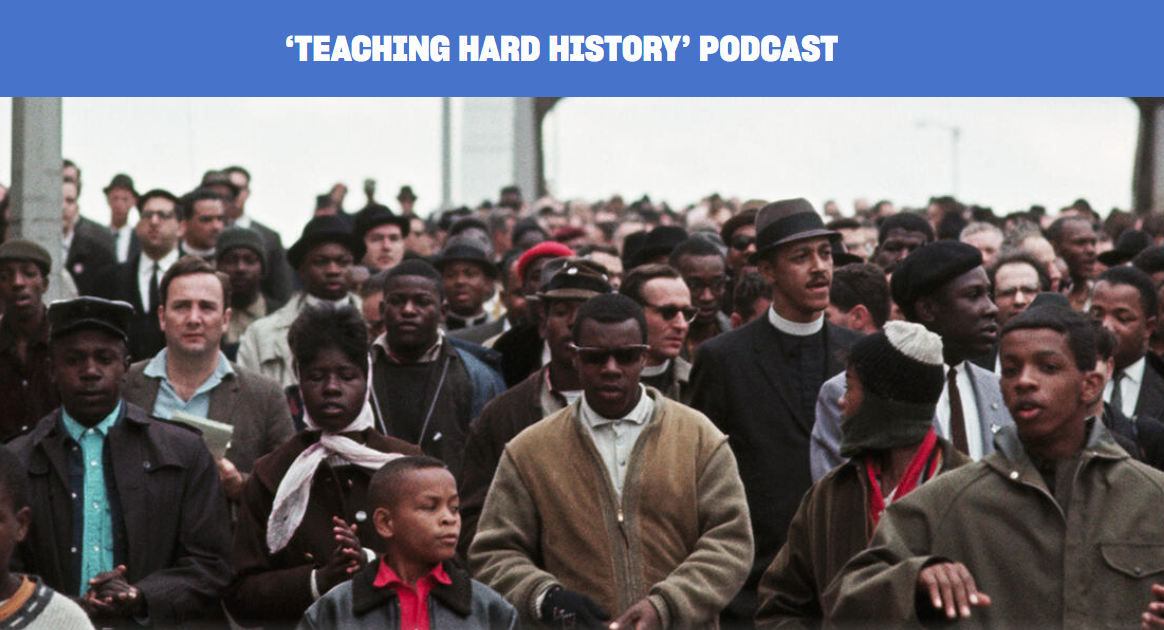
Teaching Hard History
Podcast by Hasan Jeffries
Season 3 of the Learning for Justice Hard History podcast focuses on the Civil Rights Movement.

Civil Rights Movement Mythbusters Quiz
Quiz by Teaching for Change
Through this quiz, and the answers that appear after each question, participants learn some of the history of the Civil Rights Movement that is all too often omitted from the textbooks.
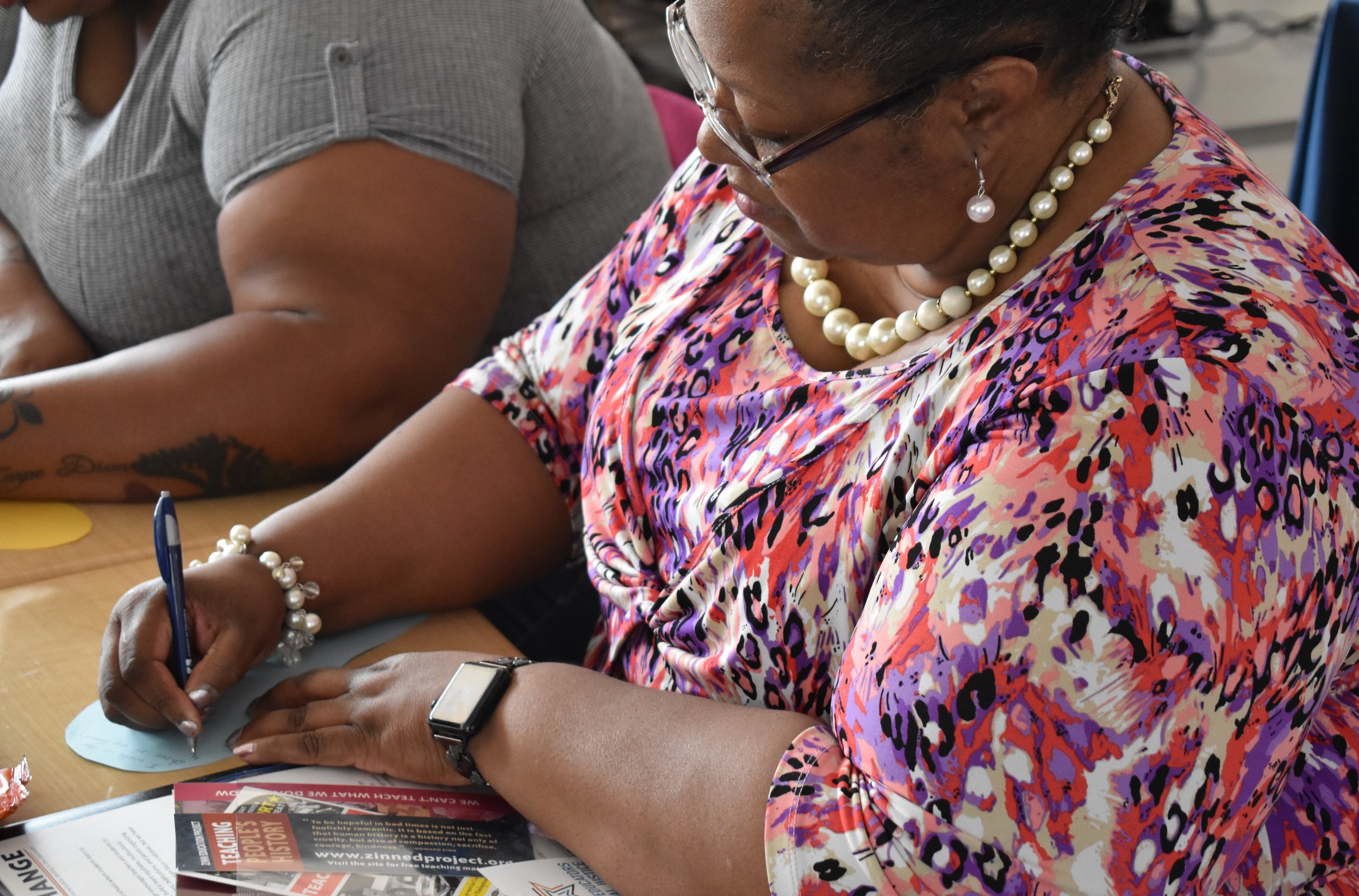
Big Shoes to Fill: A Teambuilding Lesson
Lesson by Deborah Menkart
A community-building activity for teachers or students to write about "in whose shoes I walk for justice" or some way they have walked for justice in their shoes.
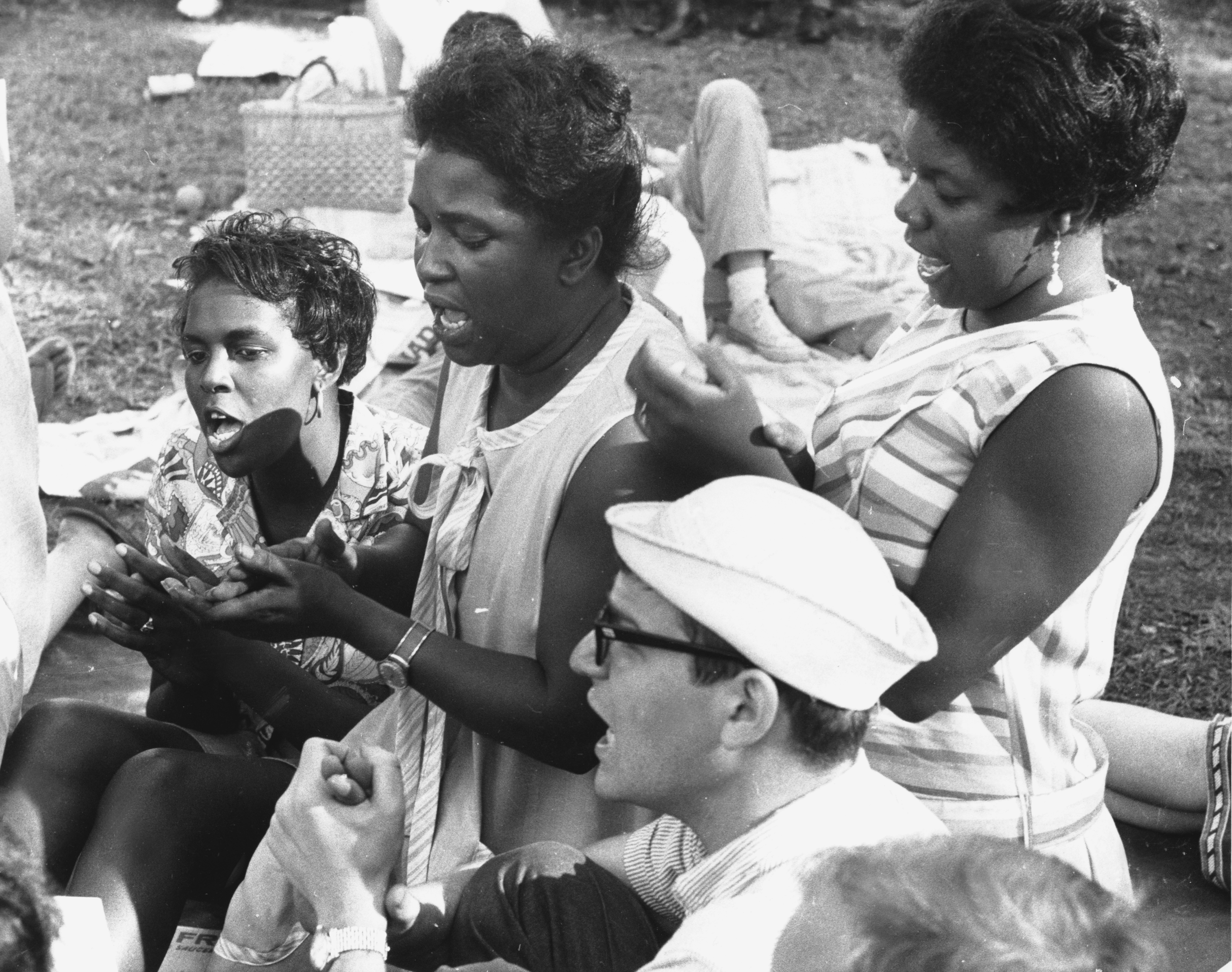
Key Narratives for Teaching About the Civil Rights Movement
Reading by Deborah Menkart and Judy Richardson
A list of key narratives central to an accurate study of the history of the Civil Rights Movement. The list can be used as a guide to critique textbooks, mainstream media, and curricula.
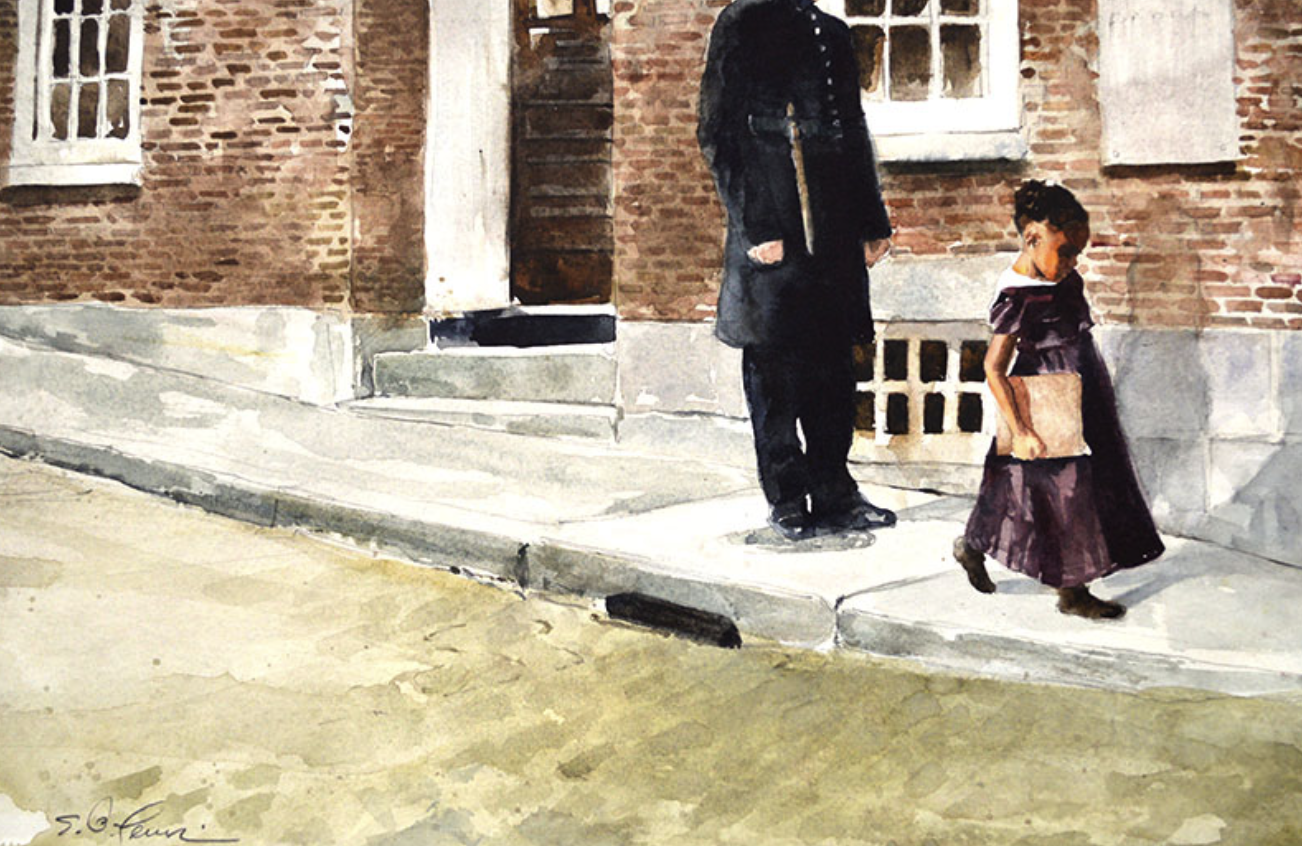
Key Issues in Race and Education Timeline
Reading by Akashi Kaul, Andrea Guiden Pittman, and Jenice L. View
A timeline highlighting key moments in the history of race and education.
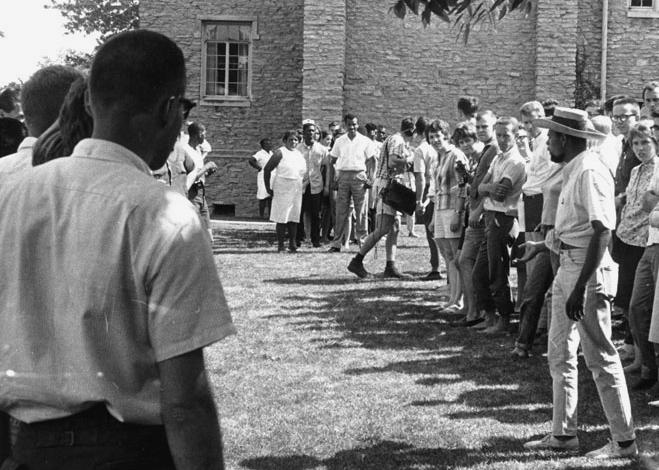
Uncovering the Movement: A Staff Development Seminar
Lesson by Alana Murray
A workshop designed to give teachers and other school staff a chance to examine their own understanding of the Civil Rights Movement and consider the impact of the traditional narrative on students.
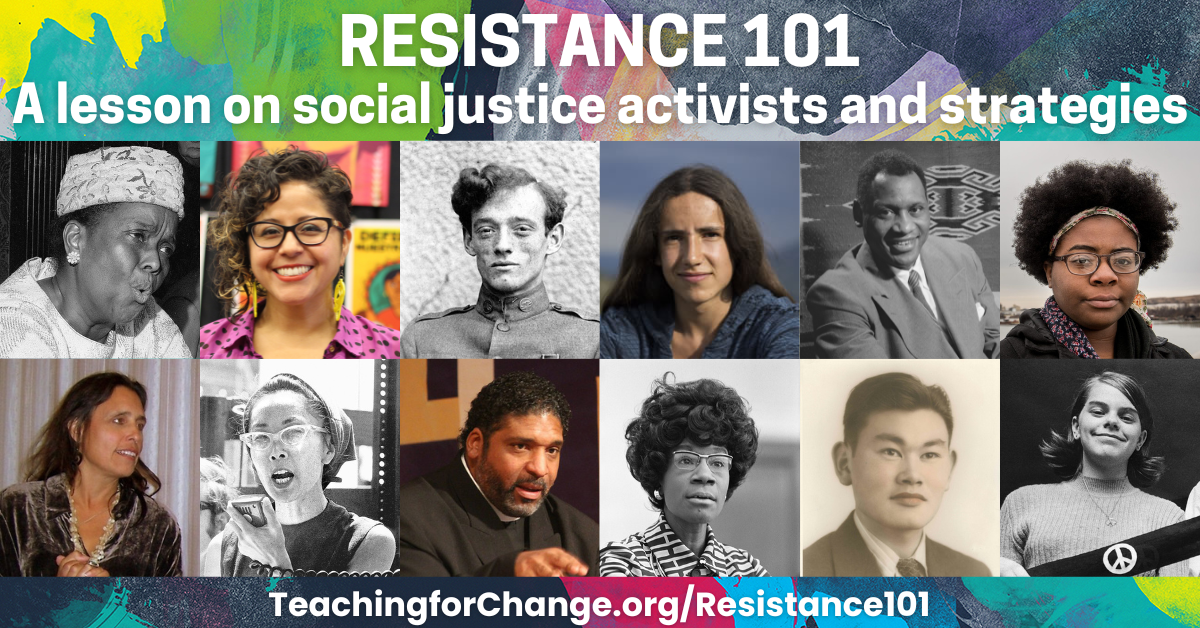
Resistance 101: A Lesson on Social Justice Activists and Strategies
Lesson by Allison Acosta and Deborah Menkart
A lesson to introduce students to people throughout U.S. history, including many young people, who fought for social justice and civic change using a range of strategies.
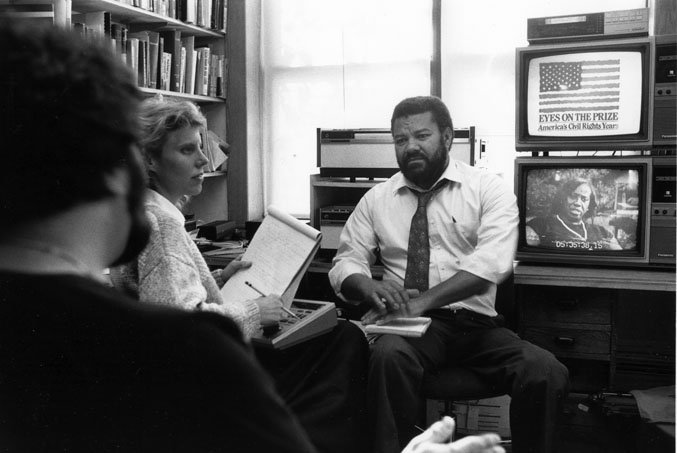
Teaching Eyes on the Prize, Teaching Democracy
Reading by Judy Richardson
Richardson shares key insights and considerations for teachers when using the Eyes on the Prize film.
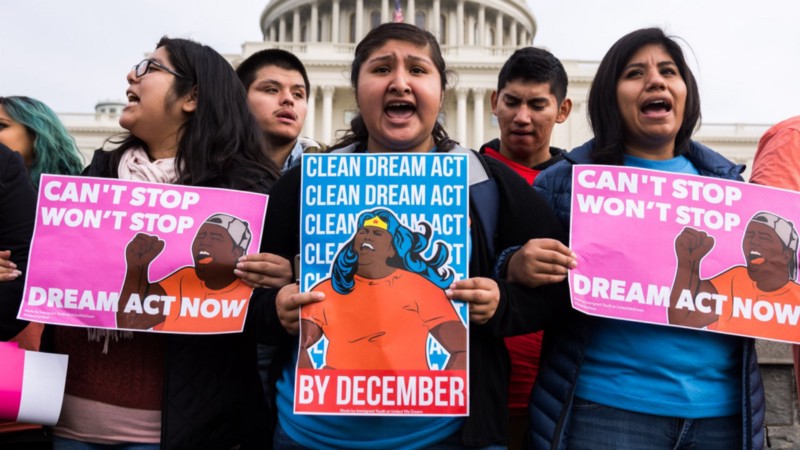
And the Youth Shall Lead Us
Reading By Allison Acosta, Allyson Criner Brown, and Deborah Menkart
These stories demonstrate that young people have played a lead role ― standing on the shoulders of those who came before them ― throughout U.S. history. It helps dispel the “exceptional” narratives perpetrated by the corporate media when they highlight selected groups and individuals (generally white students) such as the Parkland students and Greta Thunberg. Their important and brave work needs to be presented in a fuller context.

The Myth-Busting History of Edna Griffin
Lesson by Katy Swalwell and Jennifer Gallagher
Edna Griffin’s life work provides a powerful counter narrative to the traditional framing of the U.S. Civil Rights Movement. She was a woman living in the North who used court cases, boycotts, sit-ins, and protests to improve her community starting well before 1954. Through her decades of activism, she strategically employed a range of tactics. She also made connections between racism and other social concerns like war, labor struggles, education, and criminal justice.

Women Make History: A Lesson on Social Justice Activists
Lesson by Jenice L. View
A mixer lesson to introduce students to women from various social justice struggles from throughout U.S. history.
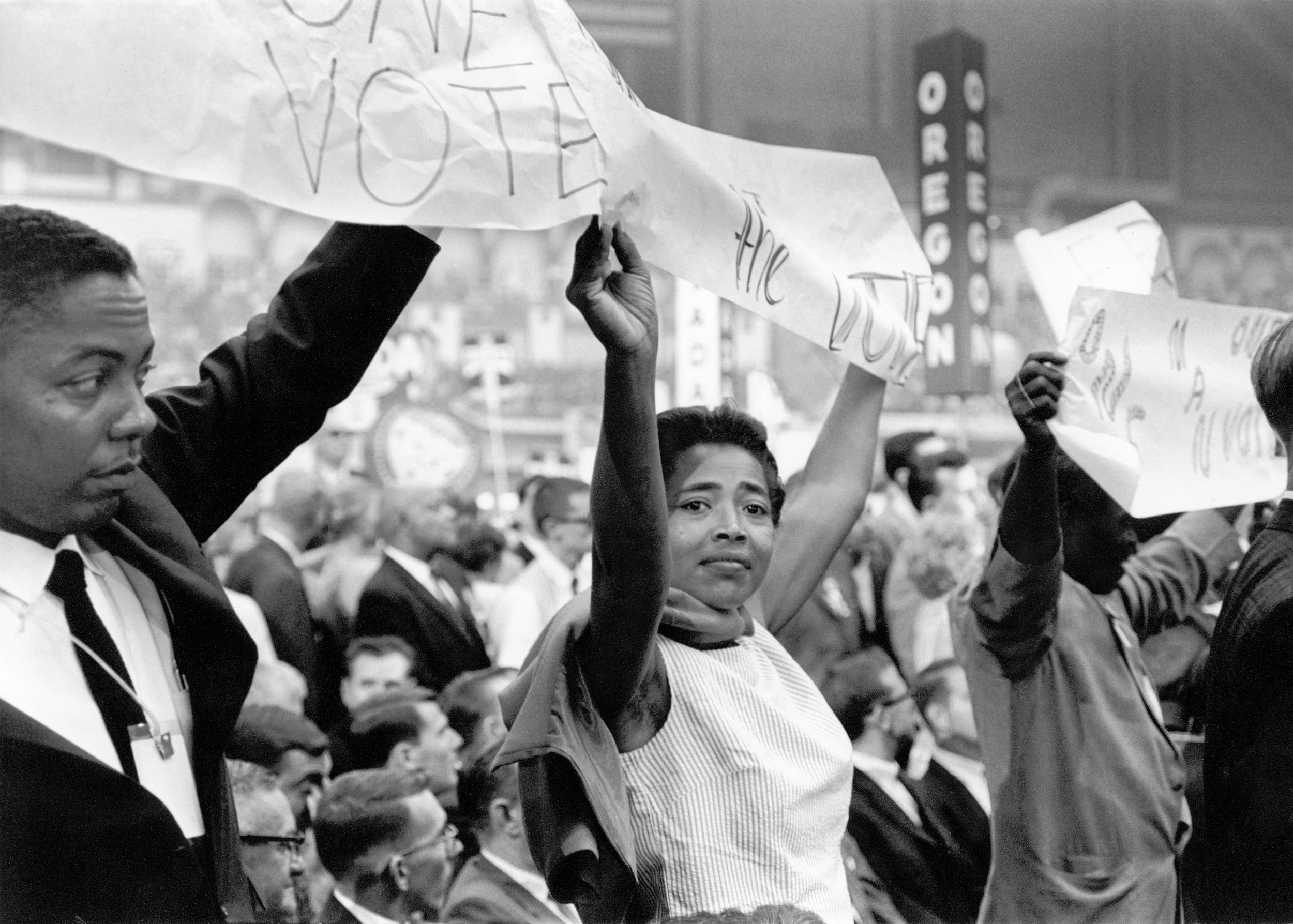
Freedom Now: The Civil Rights Movement in Mississippi
Lesson by the Choices Program of Brown University
This curriculum explores the history of the civil rights movement at a local level. Mississippi was one of the most racially divided states in the South. It symbolized the oppression and violence of white supremacy, and the strong Black movement that rose up in response. The unit is divided into three parts. Each part includes:
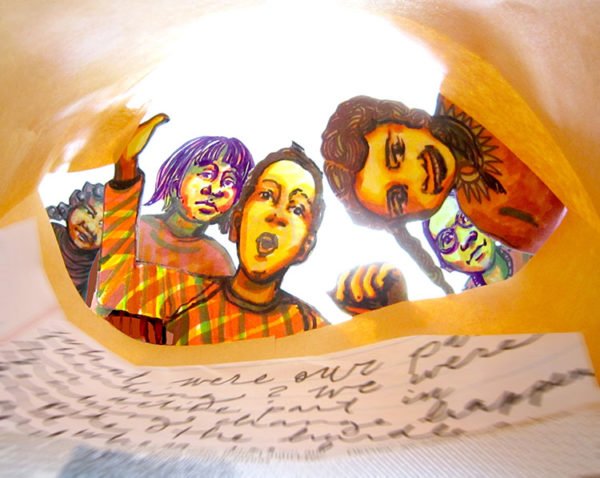
Our Grandparents’ Civil Rights Era
Teaching Idea by Willow McCormick
Students write letters to grandparents and family friends to ask about their experiences during the Civil Rights Movement.

Freedom's Children: An Oral History Unit on the Civil Rights Movement
Lesson by Laurel R. Singleton
A lesson to help children understand the racism faced by African Americans during the Civil Rights Movement and recognize that young people can help bring about social change by reading and discussing the interviews in Freedoms' Children: Young Civil Rights Activists Tell Their Own Stories.

“Intolerable Conditions”: Teaching About Northern Racism Through Rosa Parks’s Detroit
Lesson by Say Burgin, Jeanne Theoharis, and Ursula Wolfe-Rocca
Students learn to “talk back” to official accounts of the Detroit Uprising of 1967 by focusing on its root causes. They also get a fuller sense of Rosa Parks’s life and politics, and the Black freedom struggle outside of the South.
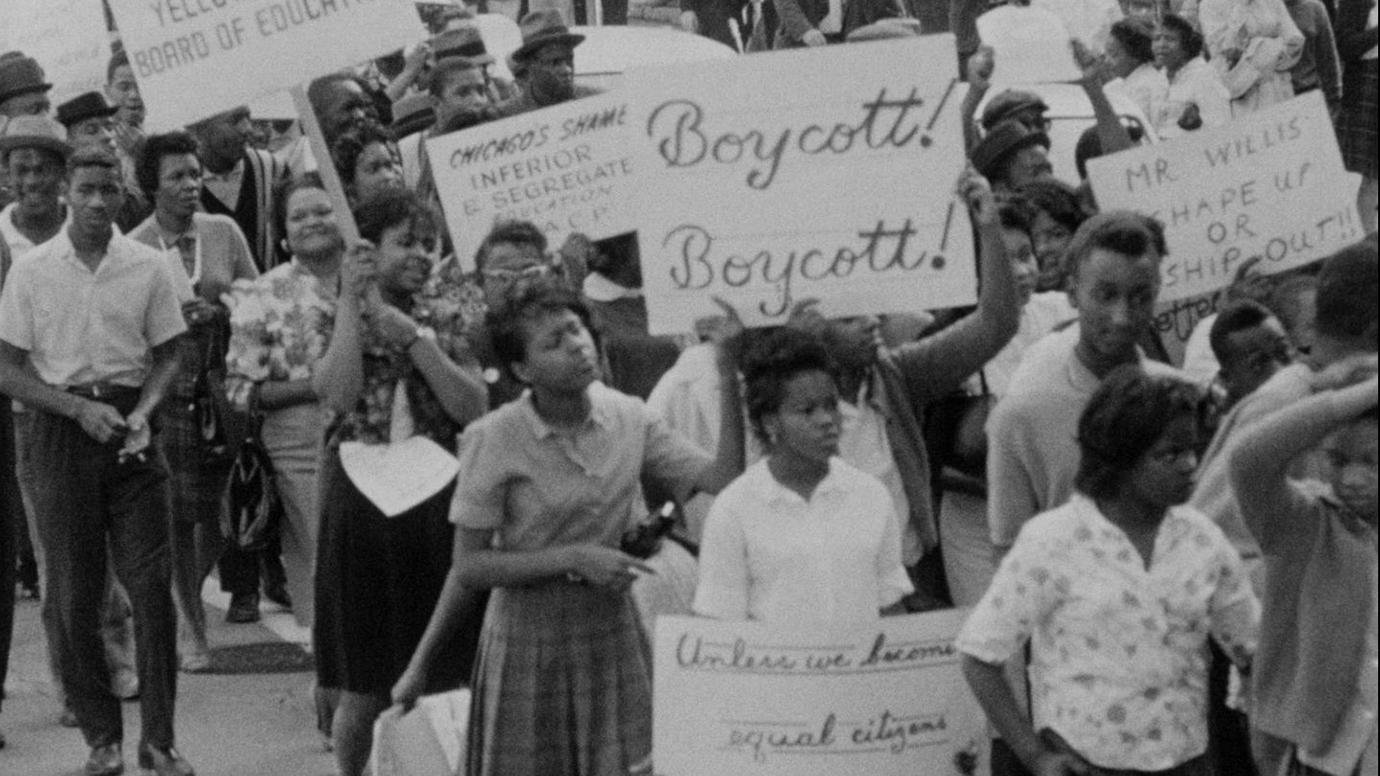
Key Events in 1963 History
Reading by Julian Hipkins III and Deborah Menkart
The year 1963 was pivotal to the modern Civil Rights Movement. To support teaching about 1963 events, we describe here some of the key events and milestones in the Movement. Where possible we list recommended books, primary documents, film, and articles for learning more.

The Borning Struggle: An Interview with Bernice Johnson Reagon
Interview of Bernice Johnson Reagon by Dick Cluster
Through the story of the growth of the Civil Rights Movement in one town, Albany, Georgia, students get an insider's perspective on how and why people got involved in the Movement, collaboration and tension between groups, the integral role of music as a unifying and strengthening force, and the impact the Movement had on the town and its people.
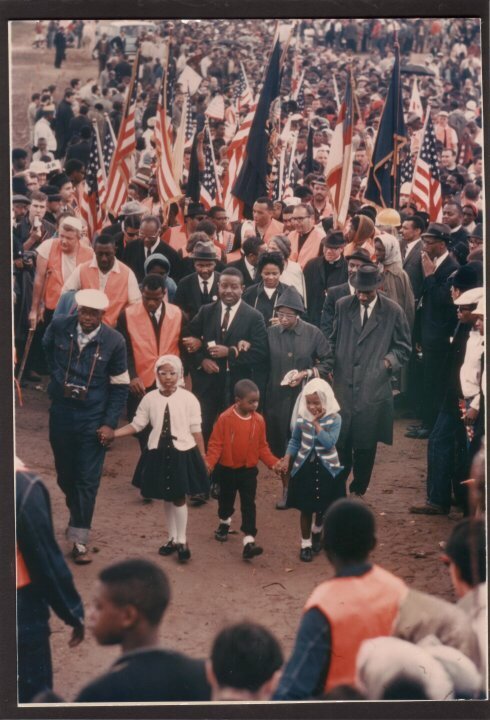
From Snarling Dogs to Bloody Sunday: Teaching Past the Platitudes of the Civil Rights Movement
Teaching Reflection by Katie Lyman
Reflection on teaching young children about the Civil Rights Movement.

Each School Had a Graveyard: Native American Boarding Schools
Lesson by Deborah Menkart
Native American boarding schools were part of a U.S. federal government strategy to dominate and assimilate Indigenous Peoples. In this lesson, students examine primary text and visual sources to gain an understanding of the ways in which theories of race and assimilation affected education policies in the past.
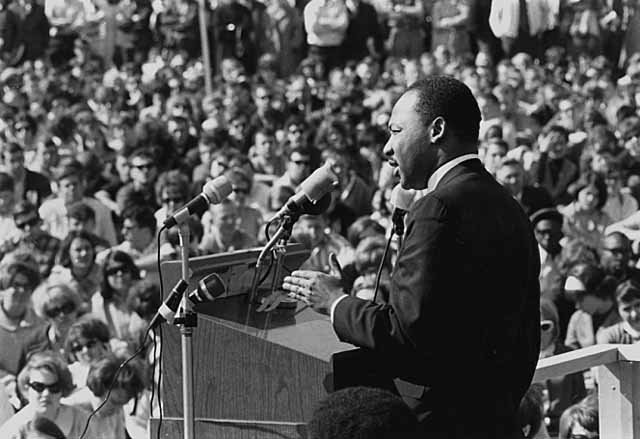
Freedom Camp: A Teach-in on the Martin Luther King Jr. Holiday
Teaching Reflection by Katie Kissinger
How one group of educators plans a day of activities for children five and older to learn about the people, events, and songs of the Civil Rights Movement.
